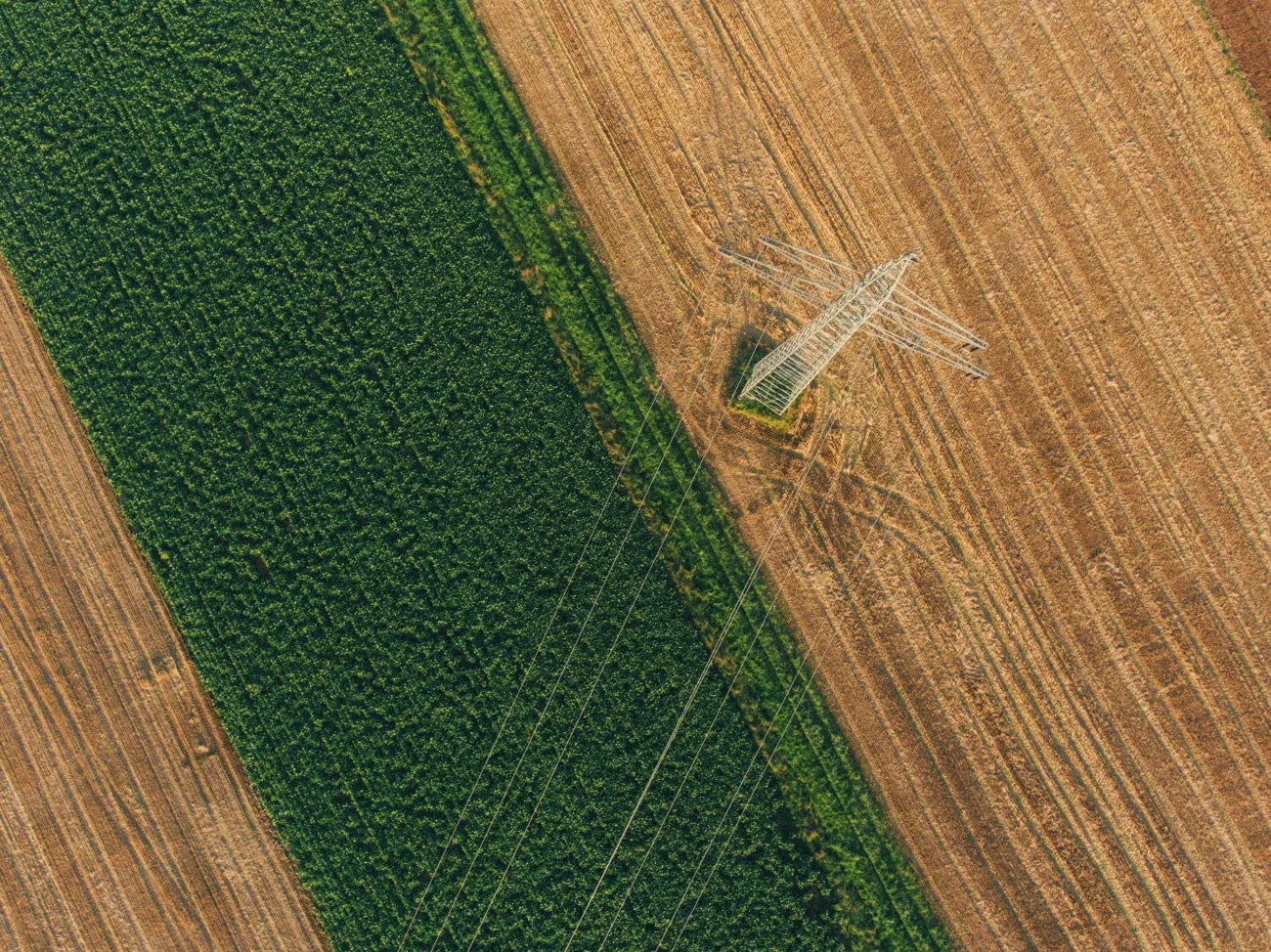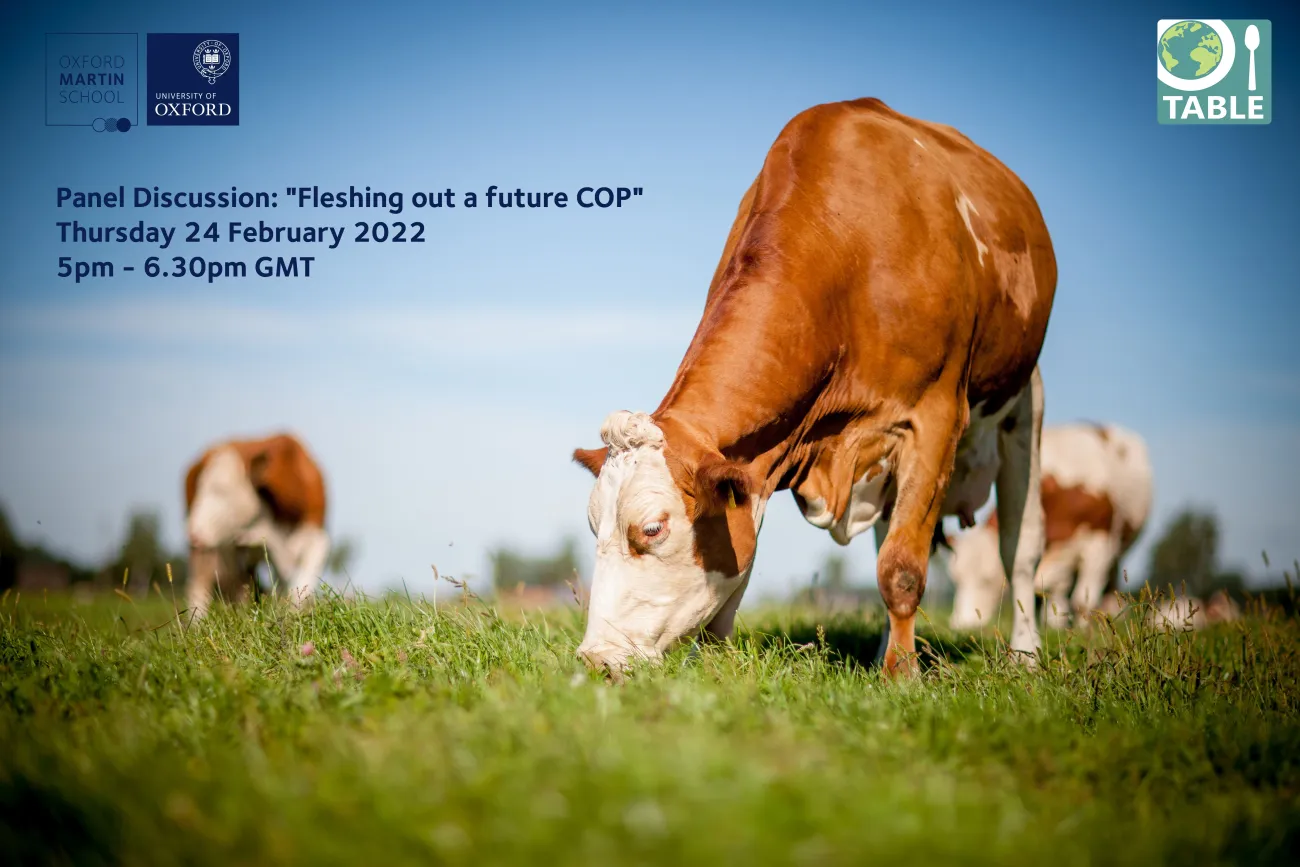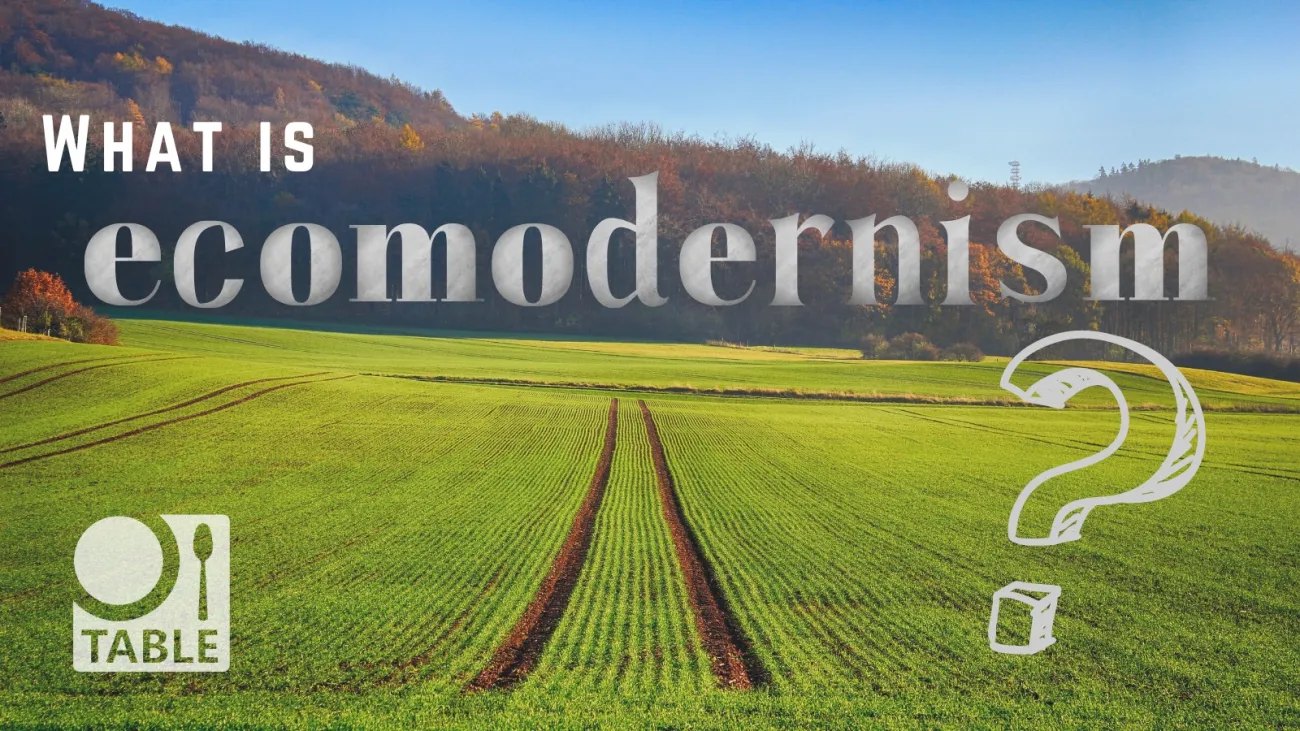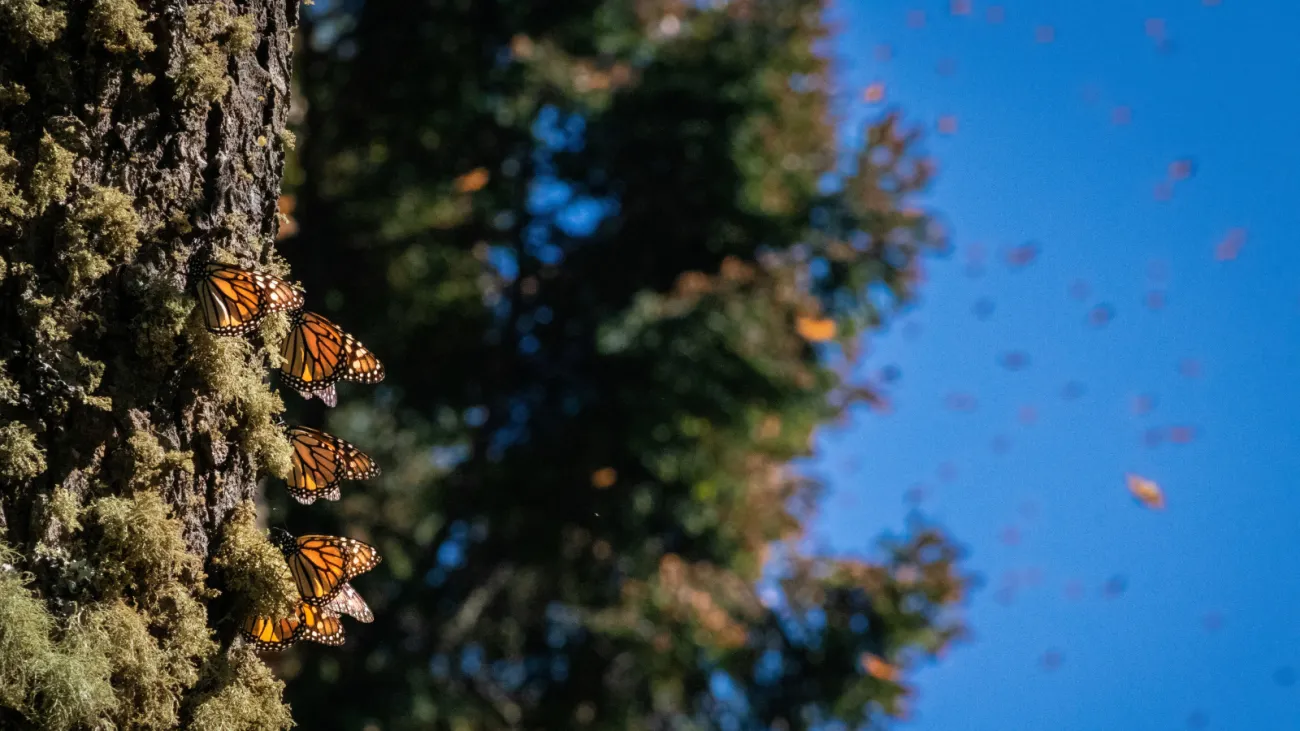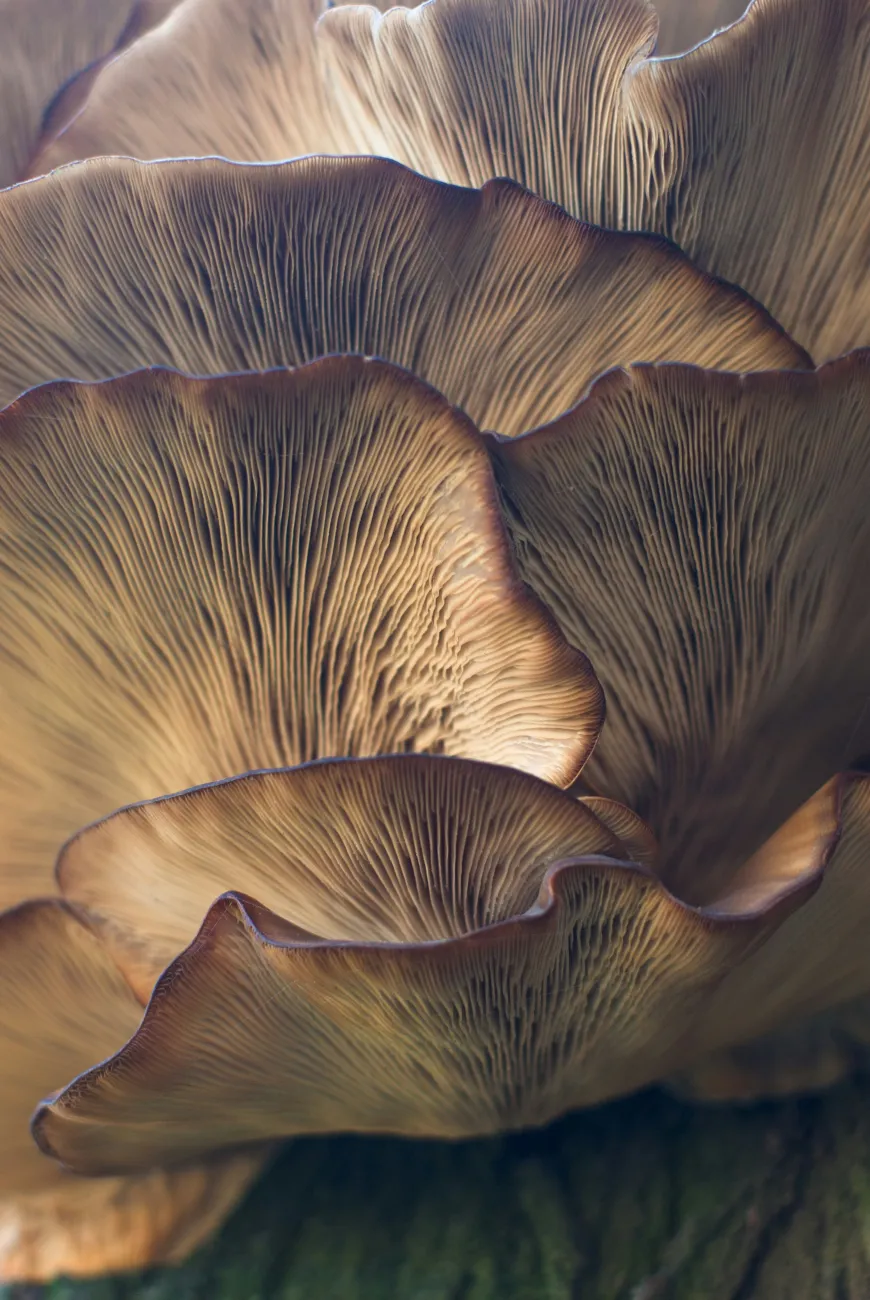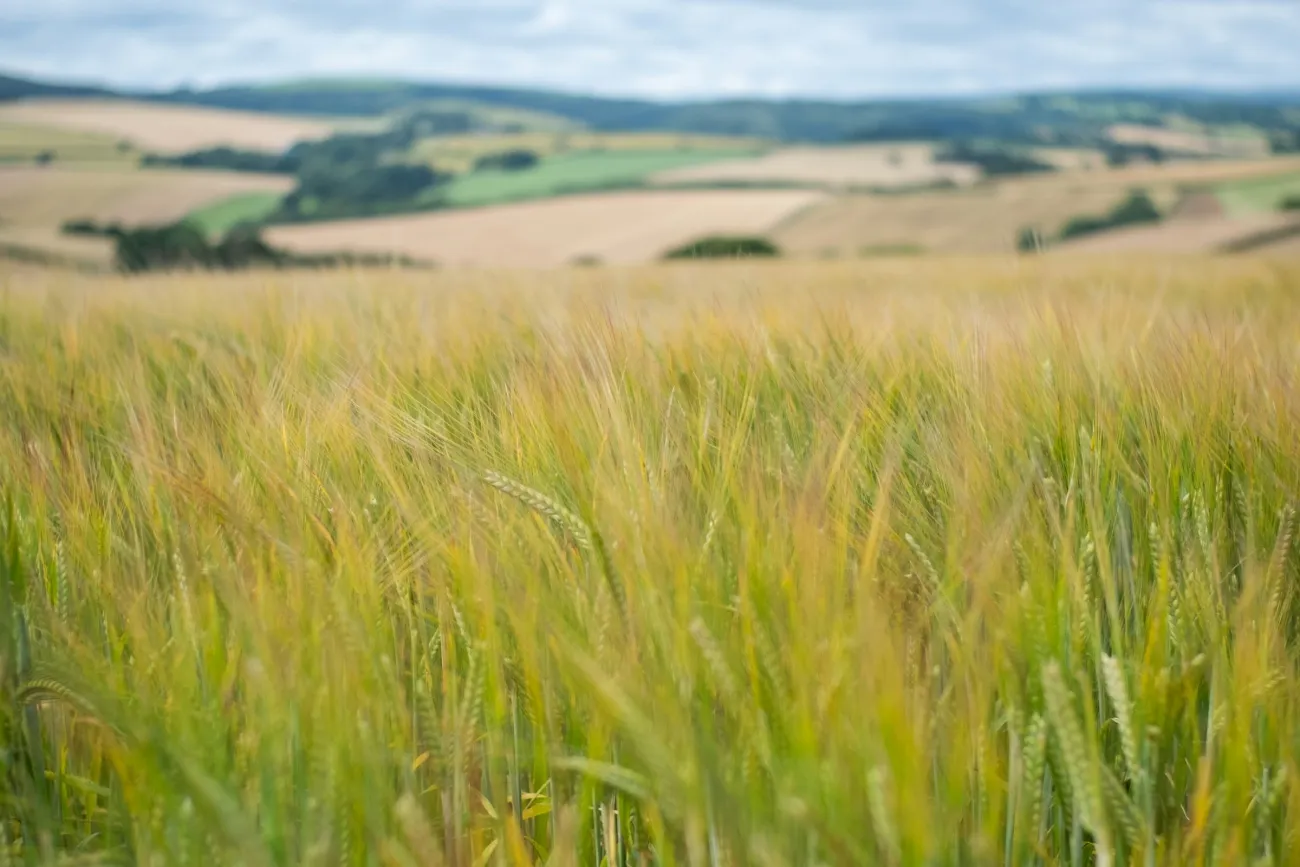A quick skim through the NGO, policy, and academic literature - or even just a glance at marketing slogans in the supermarket - shows that protein is in vogue: at once an essential nutrient, a commercial opportunity, and a recurring theme that is seen as fundamental to the many environmental, health, and societal challenges we face. Discussions about protein and how it needs to ‘transition’ in order to be more sustainable abound, with questions such as these constantly debated:
Are current trends in protein production and consumption desirable or concerning, inevitable or malleable? Do we have enough protein or should we be producing and / or consuming more? And if so, protein of what kind, produced in what way, at what scale? Is plant protein better than animal protein or vice versa - and if so why? What about alternative proteins – what problems are they intended to solve, what new ones are they seen to raise, and what are they ‘alternatives’ to?
These are just some of many questions that we see articulated and debated today. In our view, one of the key concerns at the heart of many disagreements about protein and its environmental, health, and ethical implications is power - what it is, who has it, who ought to have more or less of it, and which forms of power are desirable or not.
In this work theme we will use protein as a case study for exploring some of the debates about power in the food system. We will be looking at some of power’s obvious manifestations - governmental, geopolitical, or corporate power, for example. But there are also other less tangible forms of power we want to explore, which still have a profound influence on how different stakeholders think about food and what they want for the food system – the power of the cultural, moral, or educational norms that subtly shape our thinking, our lives and our food provisioning systems.
Outputs
Season 2 of Feed, a food systems podcast, kicks off introducing our theme for the season: power in the food system. You can listen to our introductory episode to the series here. Across the season we’ll speak with researchers, farmers, activists and others to dig into what kind of power shapes food systems, if this needs to change, and how. You can find more Feed episodes exploring power below or on the Feed homepage.
Recognising that any discussion about power needs to be self-reflective – power dynamics are at work within TABLE’s team and institutional embeddings, in how we decide what to prioritise and what to pay less attention to, and in how we engage with you, the wider TABLE community - we have written a short think piece that summarises our thinking and our decision making processes. Please do have a read – we would welcome your comments: Process and power at TABLE.
Events
We formally kicked off our work on power in the food system at a panel discussion event held on 8 December 2021: An open discussion on power in the food system.
We found this event fascinating and are very grateful to our four panellists for sharing their insightful contributions. We recognise that the discussion might well have flowed in other directions had we invited a different set of panellists. Therefore, we hope to repeat this event to see how the discussion differs when we involve another group of contributors. If you have suggestions for guests to invite, whether from the Global South or North, or from small or large organisations, please do get in touch.
Also on the theme of power – this time in relation to the politics of knowledge – we held an event on 11 January 2022 together with the Global Alliance for the Future of Food on the subject of Whose knowledge counts? Exploring evidence for Agroecology, Regenerative Approaches, and Indigenous Foodways.
Questions to be explored
Other power-protein related work we are planning will explore (among others) the following questions:
- What is power? How do different people define power? What forms does power take, and who do we think holds it?
- The power of the narrative: how did the concept of protein become so influential and how does this history affect present-day narratives and proposed food systems solutions? Who is involved in defining the future of protein? To what extent are protein’s links to the wider food system understood? How is protein marketed through its association with strength, vigour, slimness and so on?
- Actors in the food system: how - and how much - do various sectors and organisations exert different forms of power in the food system? We’ll talk to policymakers, industry, grassroots movements, farmers, funders, citizens, researchers and more.
- Whose numbers count? Which metrics used to measure the environmental or nutritional goodness or badness of protein rise to prominence and why? How are alternative metrics, such as GWP*, interpreted by different stakeholders in the protein debate? How do different systems of knowledge gain or lose legitimacy in influencing food systems transition?
- Power across the world. Here, we’ll explore how debates about power vary by geographic region.
- Human-non-human relations. What are the existing power relations between humans and non-human animals? Which actors in the food system think these power dynamics need to change (and how?), and who accepts the status quo?
Our written work so far
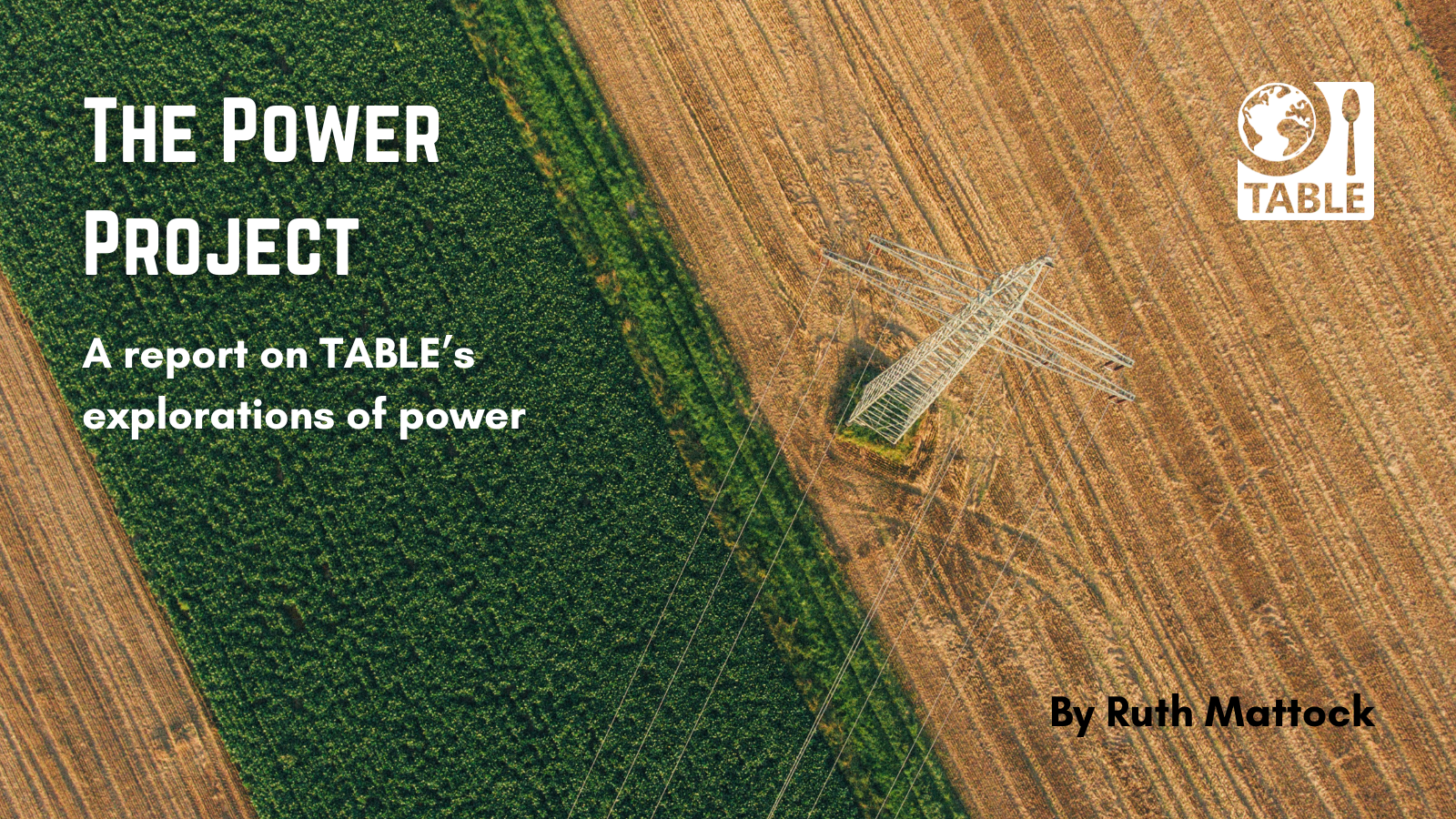
The Power Project: a report on TABLE's exploration of power in the food system
Power can be a slippery concept to evaluate and discuss. To give it some materiality, we took protein
as a case study, exploring how power has maintained this ‘charismatic nutrient’ at the centre of ideas
about nutrition, development and farming. Through a series of reports, essays, podcasts, events and explainers we consider the concept of power from many different angles. We hope that the totality of this work helps reveal the range of values, assumptions and evidence that shape stakeholders’ views and illuminates how and why they may disagree.
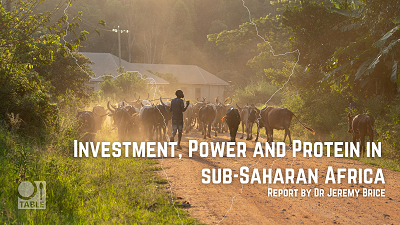
Investment, Power and Protein in Sub Saharan Africa. This report examines financial investment in protein production in sub-Saharan Africa. It argues that in order to understand the changing place of protein in sub-Saharan African diets and food systems, it is important to investigate what motivates different financial actors to invest in new food products, markets and value chains – or to withhold investment from them. To this end, it examines what role investors’ expectations about the future of protein in sub-Saharan Africa play in mobilising investment in some places, protein sources and value chains – and in deterring investment in others. It thus examines what role the power to produce authoritative visions for the future of food, and to convince investors to act upon them, might play in transforming the organisation of protein production, provisioning and consumption within the region. Listen to report author, Jeremy Brice, discussing this report with the Feed podcast co-hosts.
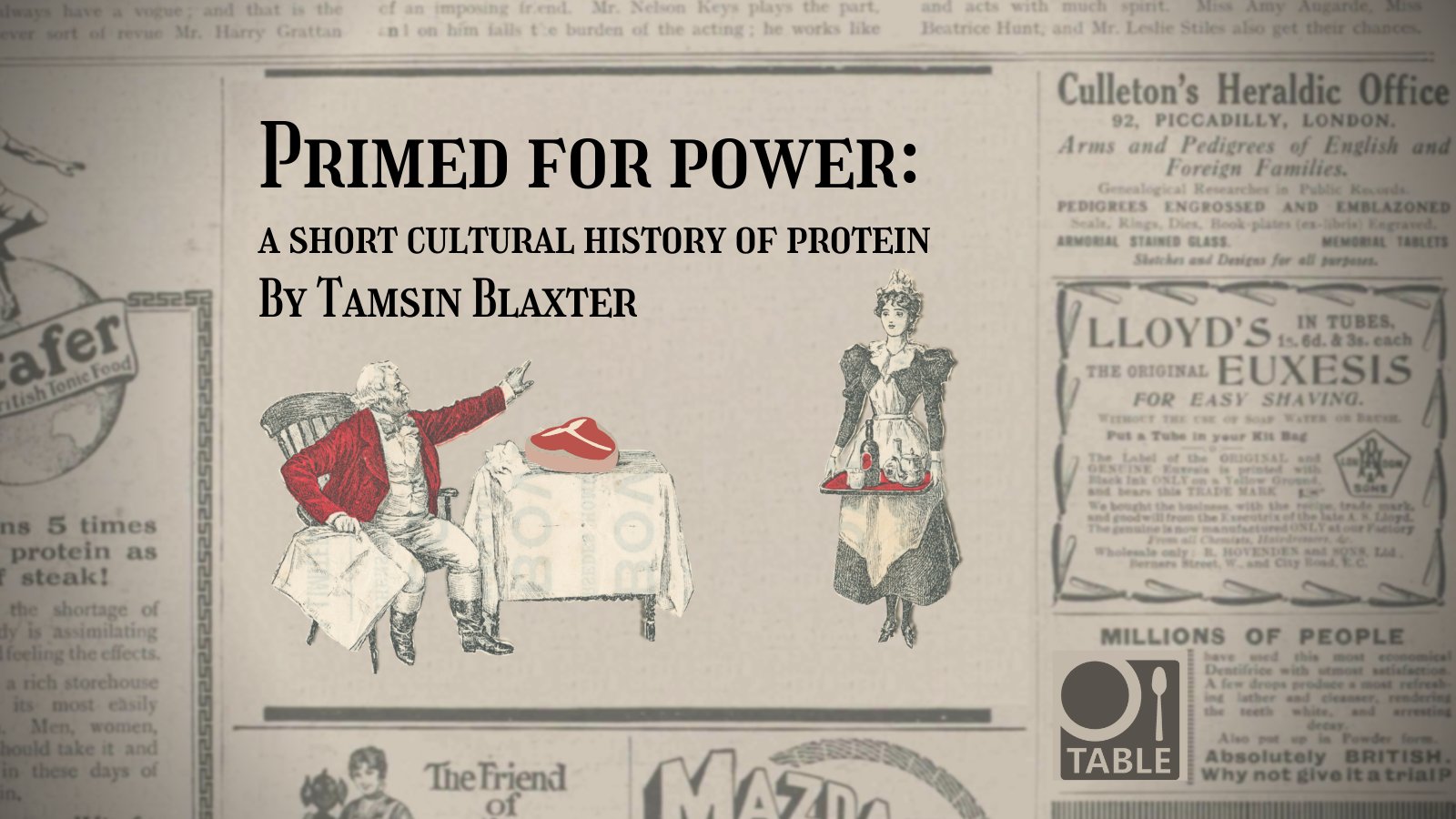
Primed for power: a short cultural history of protein. Protein seems to be everywhere: in discussions of sustainable food systems, healthy eating and ageing, weight and satiety, exercise and strength. This ubiquity does not only reflect current science, but also the wealth of associations and symbolism attached to protein. In this paper, we explore the history of protein in science and politics over the past 150 years, in so doing identifying some striking parallels with the present-day discussions about the future of food.
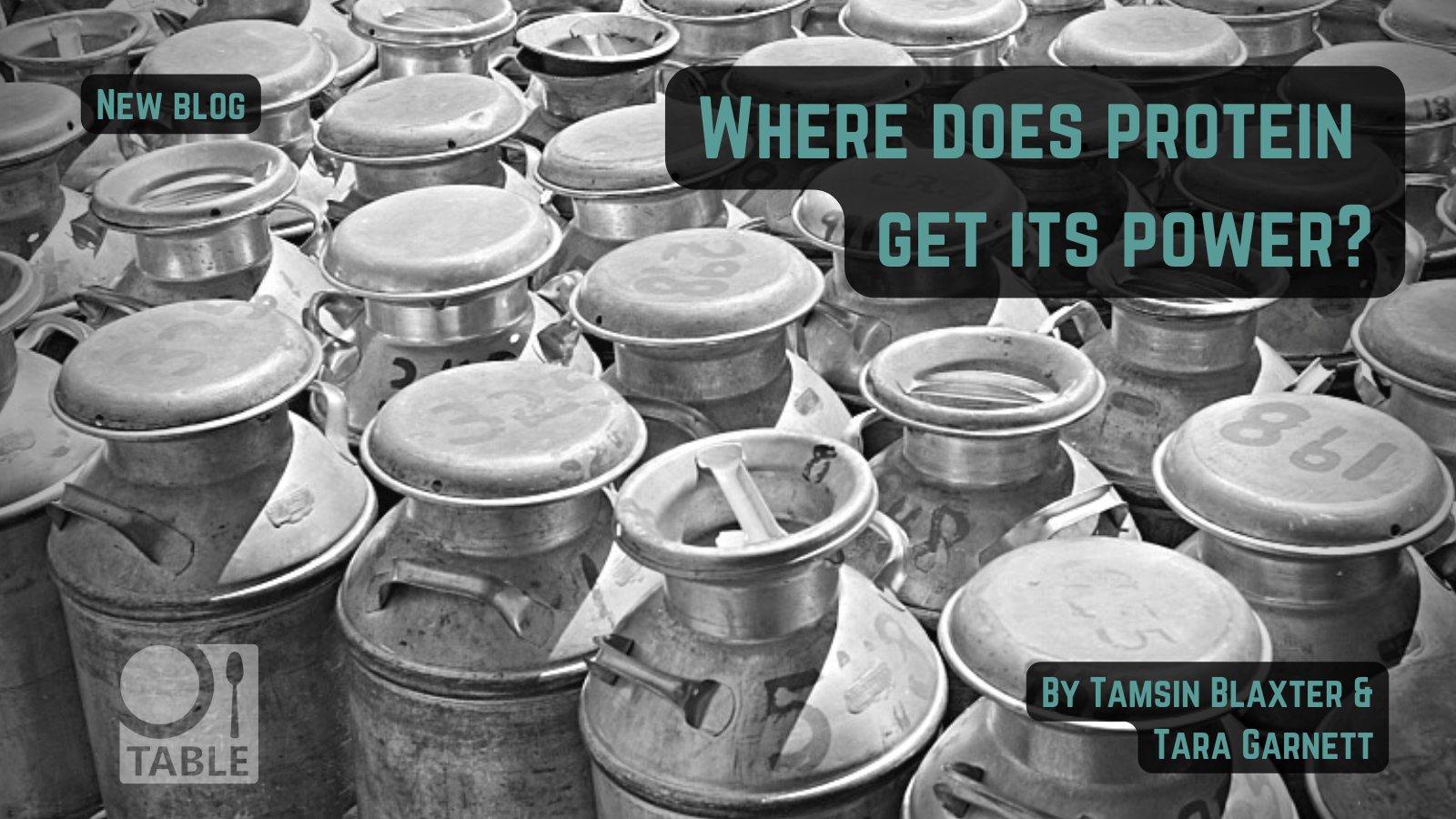
Where does protein get its power? An essay exploring the different ways that protein has acquired cultural associations and connotations over the last one and a half centuries. This piece draws on the longer Primed for Power: a short cultural history of protein report (see above) but takes a more personal approach to the topic.
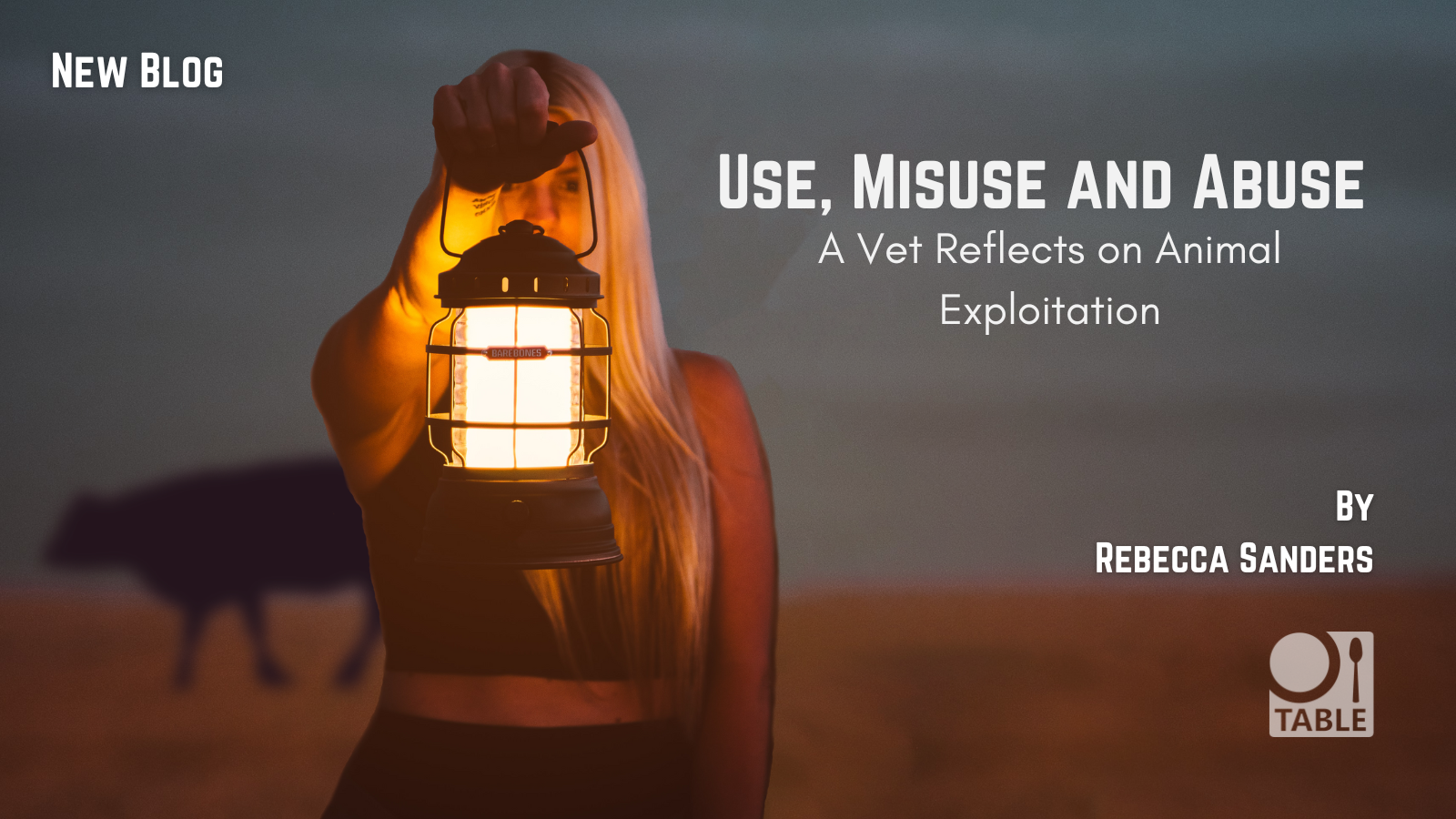
Use, Misuse and Abuse - a vet reflects on animal exploitation. A piece written by one of our interns - after six years as a meat industry veterinarian in New Zealand, Rebecca Sanders' growing concerns about the ethical and environmental implications of the meat industry in combination with her experiences of domestic abuse prompted a radical change in trajectory and transition towards sustainable agricultural research.
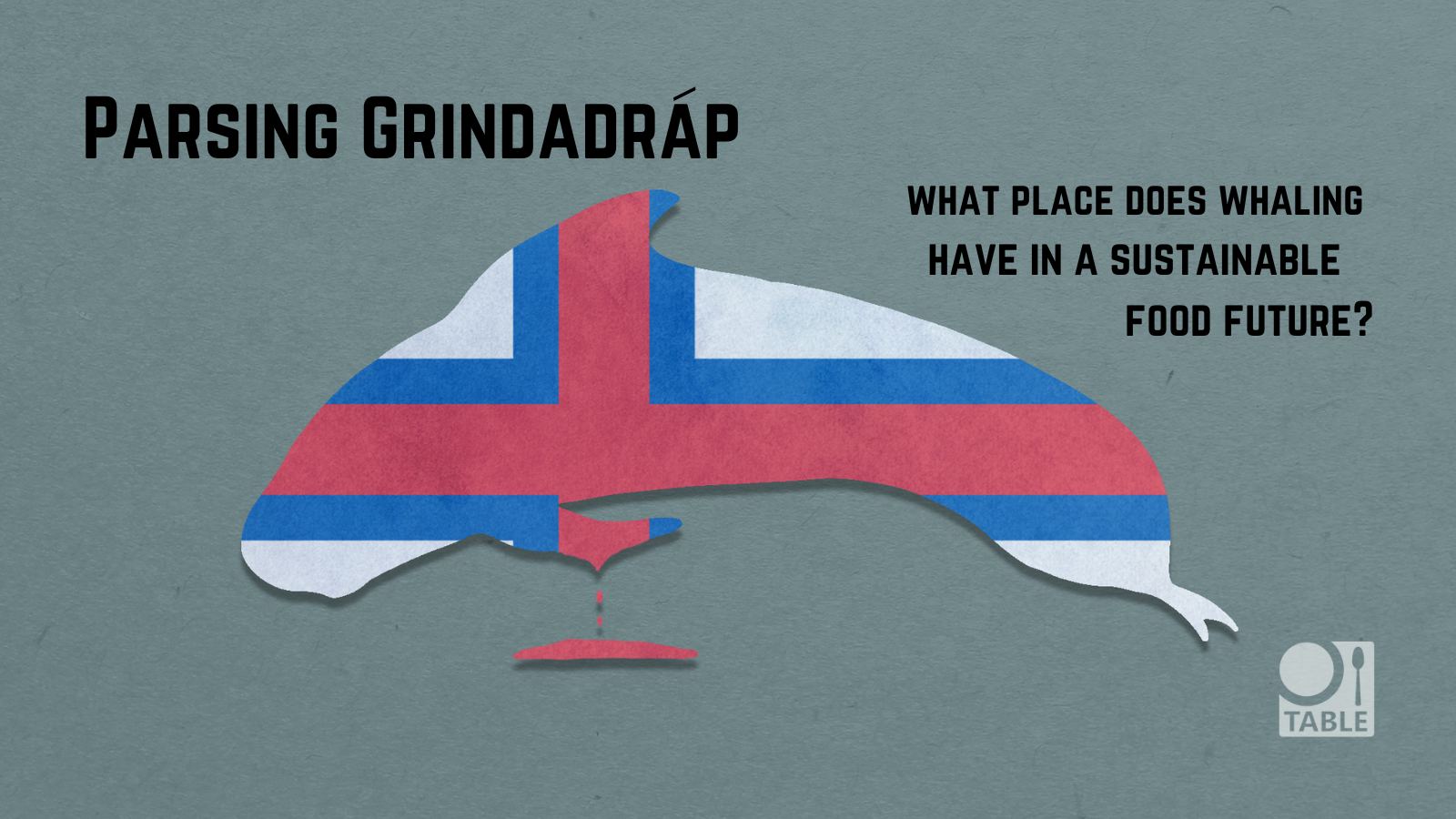
What place does whaling have in a sustainable food future? Few food practices draw more intense debate than whaling. In the case of grindadráp, the traditional Faroese form of whaling, this debate plays most summers in bloody media images and in calls for the tourist industry to boycott the islands. But beyond the headlines, this is a complex, challenging issue that raises questions about what a truly local, sustainable food future could look like. This piece explores some of the issues around the grind, spanning animal rights and conservation, food traditions and local identity.
Also
- Letterbox: Depolarising the future of protein
- Letterbox: How will UK rewilding affect global biodiversity?
- Blog: Decoupling Desire: How can the advertising sector promote better, or less, consumption?
- Blog: Government, stay away from our meatball: How populism stops us from eating less meat
- Blog: The Politics of Disgust: What future for protein?
- Blog: Notes from the field - livestock animals in rural Romania
- Essay: How power dynamics influence southern African seed and food systems
- Essay: Milk and meat production in the drylands of Tanzania amidst climate change
Sign up to our mailing list to be notified of new outputs on the theme of power and please do get in touch with your suggestions and any ideas you might have for collaboration.
And in the meantime, please have a look at TABLE’s other resources, such as our explainers, our podcast series and events, including:
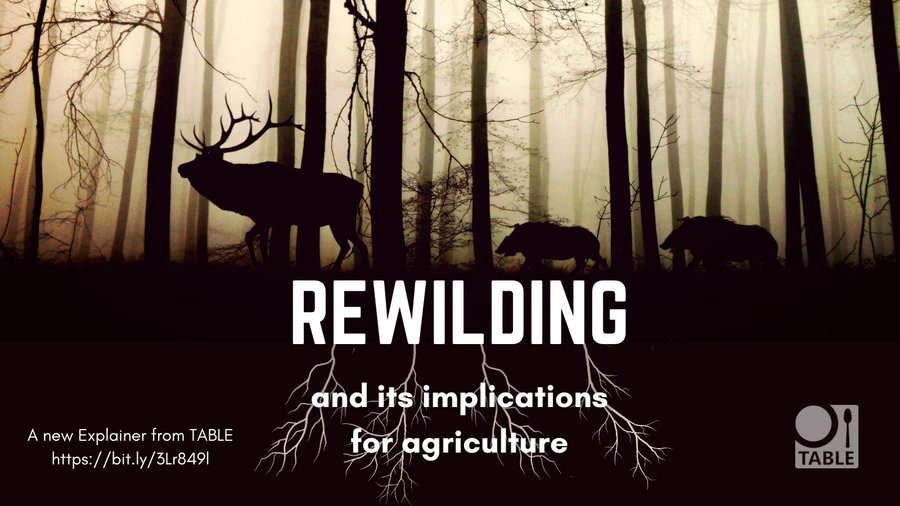
Explainer: Rewilding and its implications for Agriculture. Where does rewilding sit in discussions about the future of food and agriculture? Rewilding is a contested term, described by some as laying a foundation for global biodiversity restoration and by others as a threat to human and non-human life in the countryside. This explainer explores how and why people disagree about rewilding, compares its various definitions, and considers how the rewilding debate ties in with different visions for the future of food.
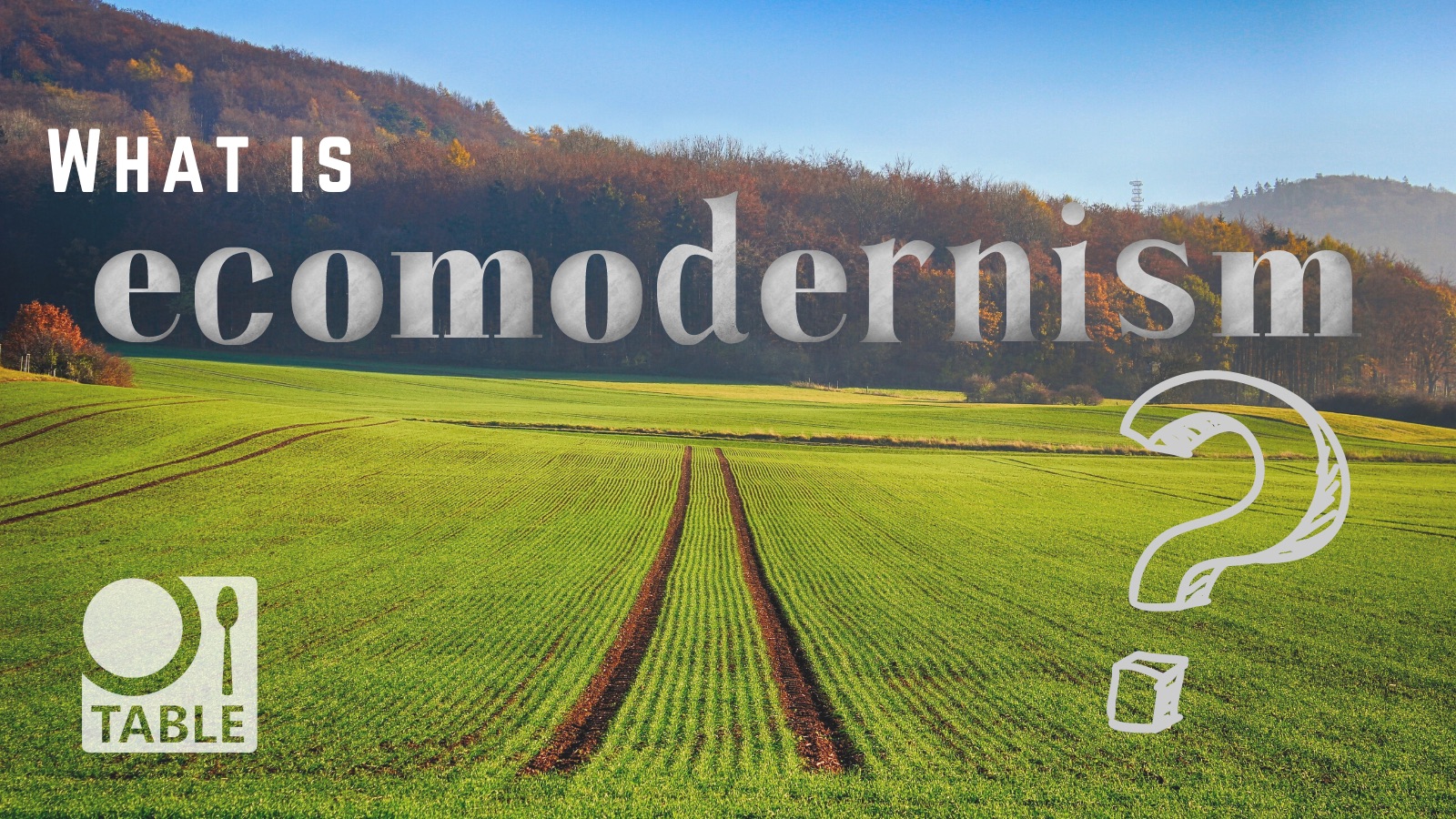
Explainer: What is Ecomodernism? Ecomodernism is an environmental philosophy rooted in the belief that technological progress can allow humans to flourish while minimising our impacts on the environment, in particular by freeing up land for conservation by intensifying the production of food and other resources using technology. This explainer describes the values, goals, and practical solutions promoted by ecomodernists; what they would mean for land use and the food system; the history of the ideas that underlie ecomodernism; and the main contestations around the values and evidence underpinning ecomodernism.

